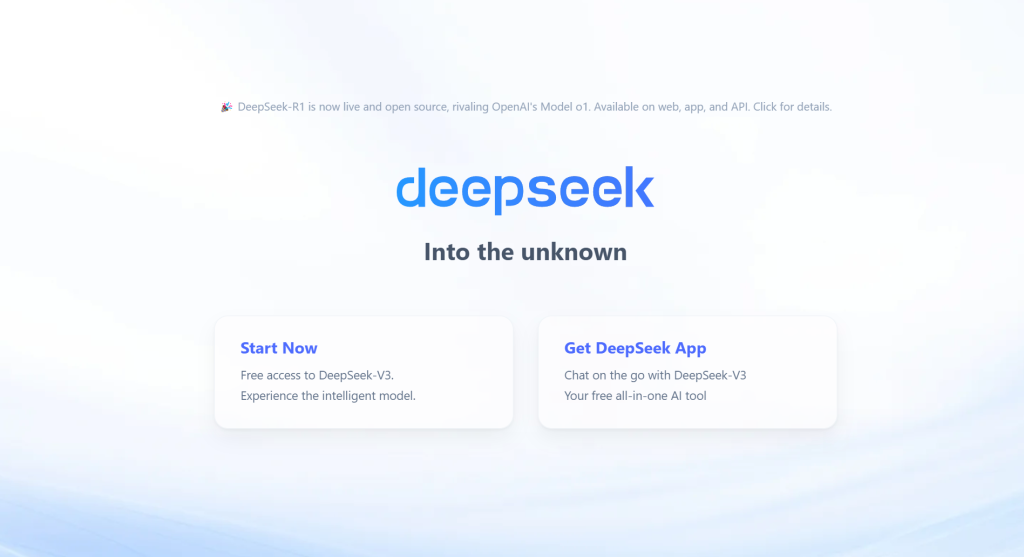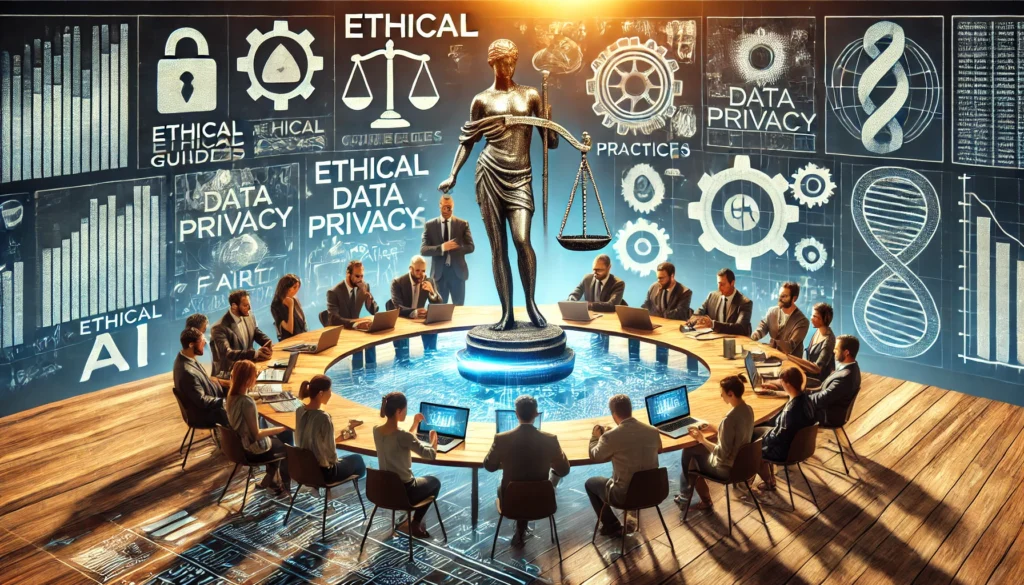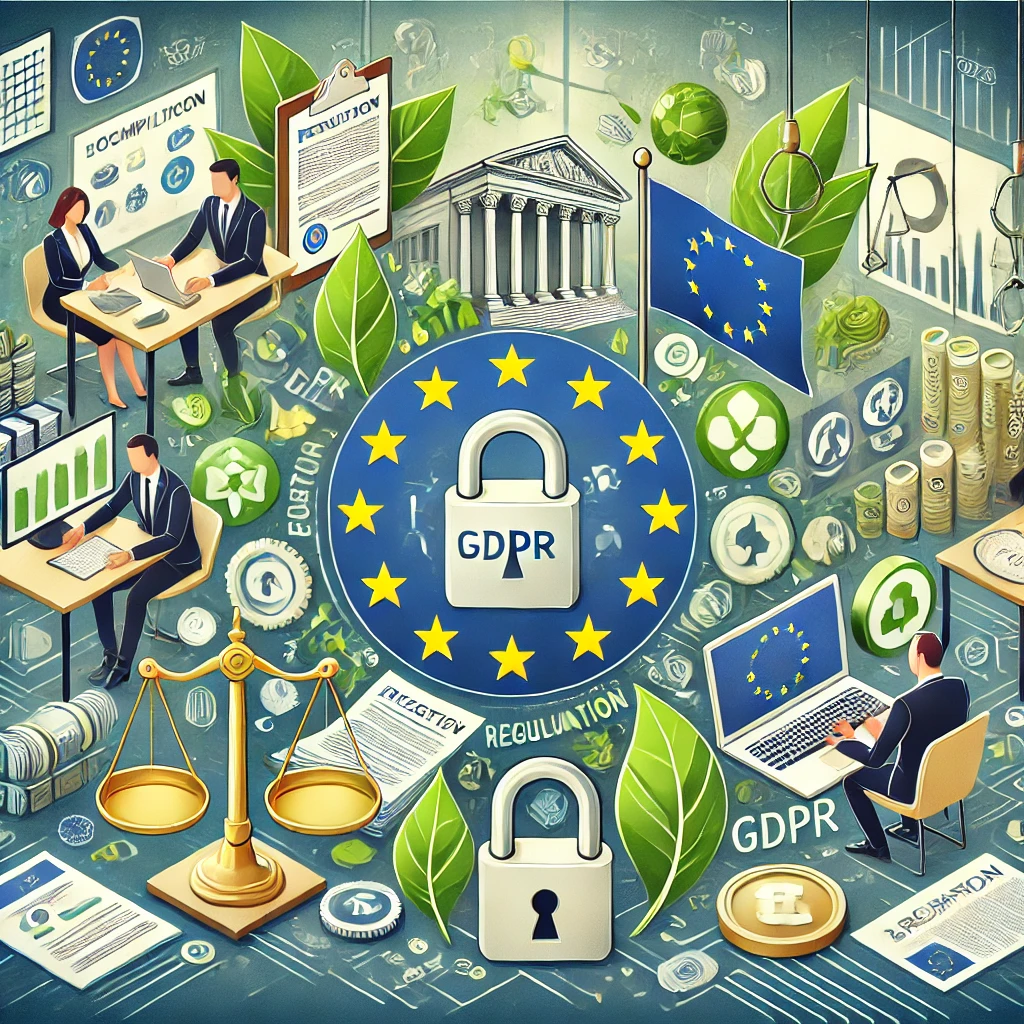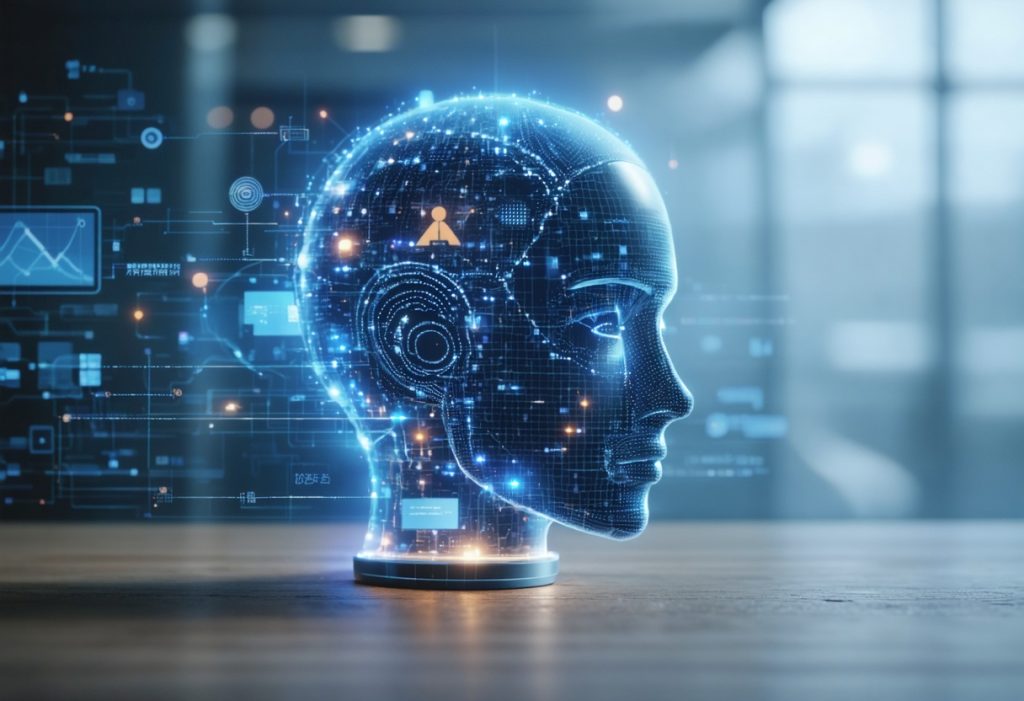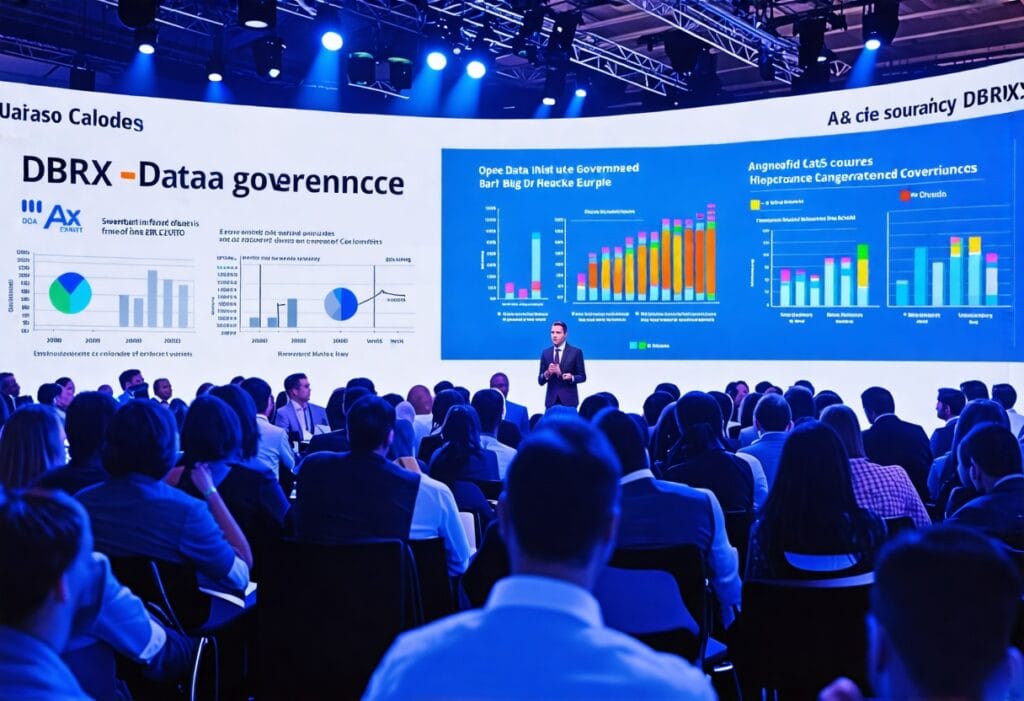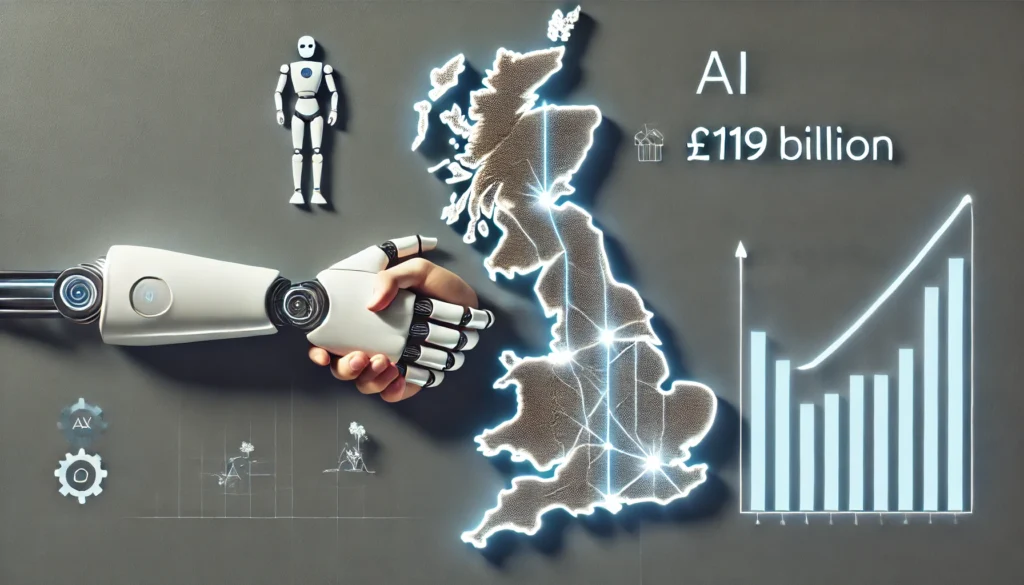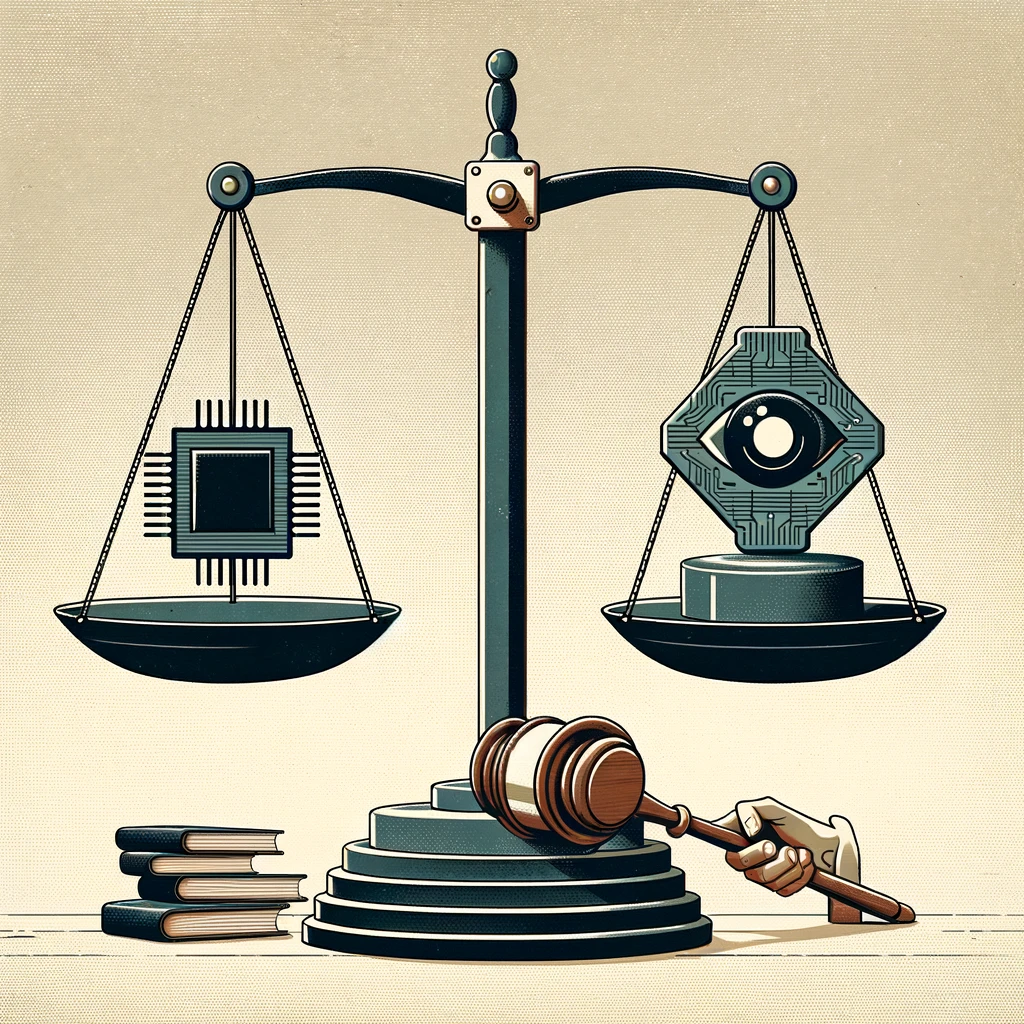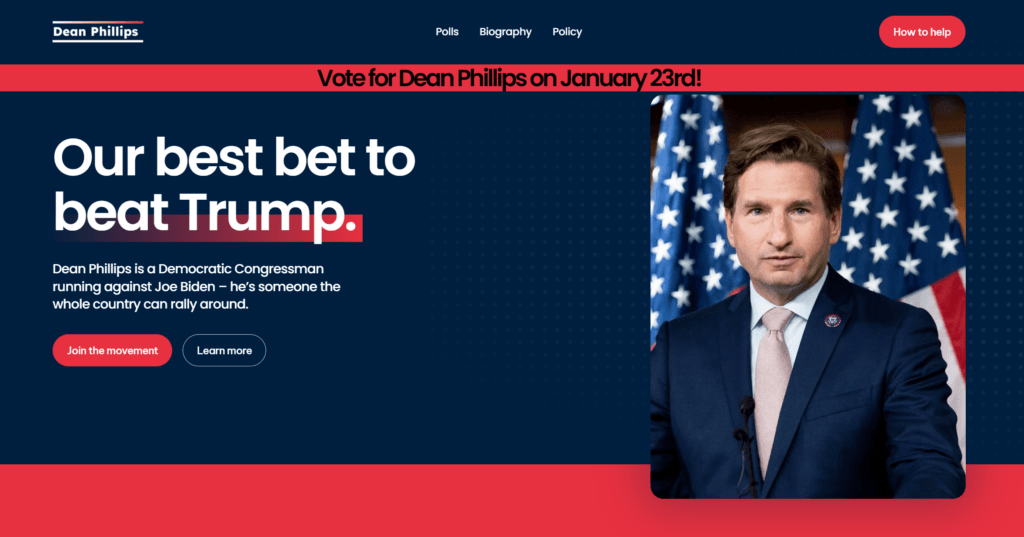Microsoft and OpenAI Investigate Potential Data Theft by DeepSeek

Microsoft and OpenAI Investigate Potential Data Theft by DeepSeek
In an alarming development within the bustling AI ecosystem, Microsoft and OpenAI are probing allegations of data theft that could have serious implications for the tech industry and international relations. Reports indicate that a group linked to Chinese AI startup DeepSeek may have engaged in unauthorized data extraction from OpenAI’s systems, triggering concerns over ethical practices and security. This investigation arises amidst growing competition between U.S. and Chinese AI firms, following DeepSeek’s recent launch of its R-1 model, which is said to rival OpenAI’s ChatGPT yet is developed at a fraction of the cost. As scrutiny intensifies, industry leaders and policymakers are now questioning the integrity of AI development methods and the geopolitical ramifications they carry. For more insights on the evolving landscape of artificial intelligence, visit TechForge Media.
Allegations of Data Theft: A Deeper Look at DeepSeek’s Emergence
As the AI landscape evolves, so do the methods employed by emerging companies striving for market share. DeepSeek, a Chinese AI startup, has rapidly gained recognition with its recently launched R-1 model, positioning itself as a direct competitor to OpenAI’s ChatGPT. However, the allegations of data theft linked to DeepSeek have stirred up significant controversy. Reports of illicit data extraction from OpenAI’s systems could have far-reaching consequences for both companies, further complicating the already tense U.S.-China tech rivalry. Understanding the nuances behind these allegations reveals the ethical challenges that accompany technological innovation.
What is Model Distillation and Why Does It Matter?
Model distillation is a technique in machine learning where one AI model is trained to imitate another’s outputs, creating a more compact model that retains some of the attributes of its predecessor. In this context, allegations suggest that DeepSeek may have employed this method to enhance its R-1 model by utilizing data generated by OpenAI’s ChatGPT. Such practices raise critical ethical questions surrounding intellectual property rights and fair competition in AI development. According to a report by Bloomberg, this form of data extraction not only breaches OpenAI’s terms of service but also undermines the principles of innovation that drive the tech industry. The risk of a “knowledge distillation” approach wherein competitors replicate advanced technologies without proper attribution or compensation poses a threat to established companies striving to protect their intellectual investments.
International Implications: The Geopolitical Landscape of AI Development
The allegations against DeepSeek come amidst a backdrop of escalating tensions between the U.S. and China concerning technological supremacy. AI technologies are no longer just tools for productivity; they shape national security and economic strategies. As per reports by CNBC, the U.S. Navy has taken the unprecedented step of banning the use of DeepSeek’s products due to concerns that the Chinese government could exploit these technologies to access sensitive information. This decision underscores a growing wariness towards Chinese tech firms, with many fearing that they might be subject to government control or intervention.
The Ethical Dilemma: Navigating the Boundaries of Innovation
The ethical implications of DeepSeek’s methods are complex. While companies in the AI sector are motivated by competition, they must also navigate a landscape that requires ethical governance and corporate responsibility. Critics have pointed out DeepSeek’s privacy policy, which permits extensive data collection practices that some consider intrusive. This collection encompasses IP addresses, device information, and user behavior, all stored in a jurisdiction where access and oversight could be questionable. In a statement from OpenAI, concerns about the practices of PRC-based companies were addressed, highlighting a significant worry within the tech community about the motives behind such aggressive data practices. The balance of innovation with ethical considerations is precarious, and as AI continues to evolve, scrutiny over data usage will only increase.
Feedback from Industry Leaders and the Path Forward
As businesses and policymakers analyze the implications of the DeepSeek investigation, thought leaders in the tech industry are raising their voices. David Sacks, the White House’s newly appointed “crypto and AI czar,” emphasized the importance of establishing frameworks that protect intellectual property in AI development. The outcome of this investigation could be pivotal in shaping how AI developers approach data collection and usage policies, as well as what safeguards are necessary to prevent misuse of proprietary technology.
The ongoing scrutiny surrounding DeepSeek not only underscores the challenges faced by individual companies but also highlights the larger trend of using AI technologies as a means of economic and strategic leverage. Stakeholders across the spectrum are keeping a close watch on this situation, understanding that how it unfolds could dictate future standards in the industry.
The Future of AI and Its Regulation
The recent allegations against DeepSeek have ignited discussions about the urgent need for regulatory frameworks that govern AI technologies. As the lines between competitive innovation and unethical practices blur, industry experts urge the development of robust guidelines that ensure fair play and responsible data usage. This could include stricter controls over how AI models are trained and deployed, as well as clear delineation of intellectual property rights in the AI sphere.
As companies like Microsoft and OpenAI navigate this complex landscape, they may need to advocate for international cooperation to tackle these ethical challenges. Strengthening regulations around data privacy and usage will be crucial as global competition in AI intensifies. In a world increasingly reliant on AI technologies, establishing a shared set of ethical standards could serve to protect both innovation and consumer privacy.
For further insights into data security concerns surrounding AI, consider visiting SC Media or Forbes for an in-depth analysis.
Looking Ahead: The Impact of DeepSeek’s Allegations on AI Development
As Microsoft and OpenAI delve deeper into the allegations of data theft involving DeepSeek, the unfolding situation highlights critical themes of ethical responsibility, fair competition, and the geopolitical landscape of artificial intelligence. The use of innovative methods like model distillation, as seen in DeepSeek’s approach, raises serious concerns about intellectual property rights and the risks posed by aggressive data practices. With industry leaders advocating for stricter regulation and transparency, it becomes evident that the future of AI is closely tied to governance that balances innovation with responsibility. Staying informed on these developments is crucial for anyone involved in the tech sector or concerned about the ramifications of unregulated AI practices. Take action today by educating yourself on the ethical implications of AI; check out more insights at TechForge Media.
